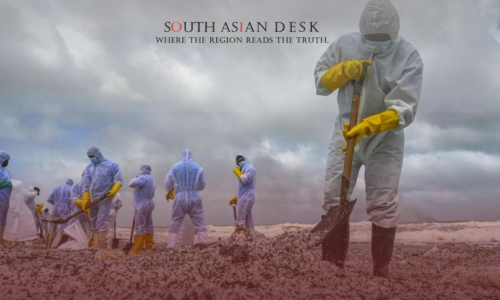In May 2021, the X-Press Pearl cargo ship disaster caught fire and sank off Sri Lanka’s west coast, releasing toxic chemicals and billions of plastic pellets into the ocean. The disaster, one of the worst environmental crises in the region, continues to devastate marine ecosystems and local livelihoods. Sri Lanka’s Supreme Court recently ordered the ship’s owners to pay $1 billion in compensation for environmental and economic damages, highlighting the scale of the catastrophe.
Effects of Cargo Ship Disaster
The spill contaminated beaches with plastic nurdles, decimated fish stocks, and disrupted the livelihoods of over 20,000 fishing families. Toxic chemicals, including nitric acid, have been linked to long-term marine ecosystem damage, with scientists warning of persistent threats to coral reefs and marine life. Posts on X emphasize the ongoing struggles of coastal communities, with many fishermen unable to resume work due to polluted waters. Cleanup efforts remain incomplete, as plastic pellets continue washing ashore, complicating recovery.
The court ruling marks a significant step toward accountability, though local advocates argue that no compensation can fully address the ecological and social toll. The disaster has also raised questions about maritime safety regulations and the global shipping industry’s responsibility for environmental impacts. As Sri Lanka grapples with the aftermath, the case underscores the need for stronger protections for vulnerable coastal regions.
Published in SouthAsianDesk, July 28th, 2025
Follow SouthAsianDesk on X, Instagram, and Facebook for insights on business and current affairs from across South Asia.






